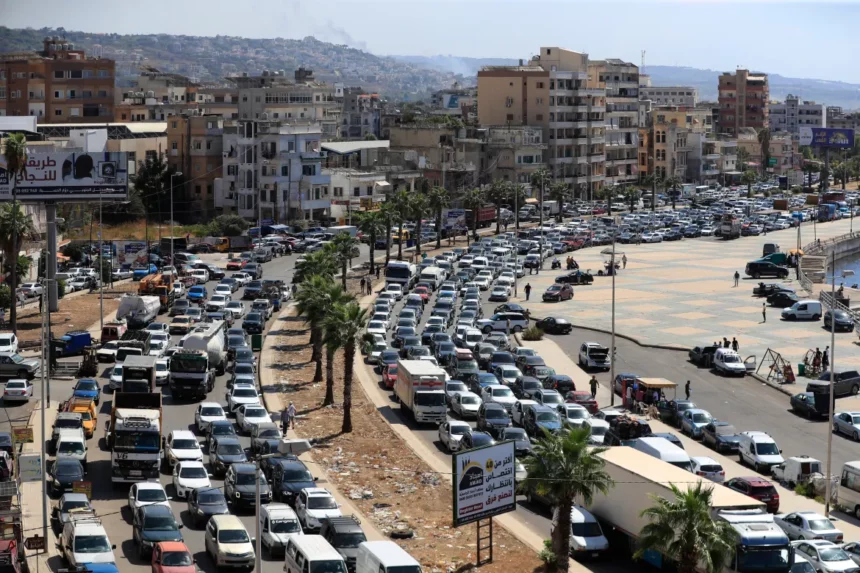Summary by Geopolist | Istanbul Center for Geopolitics
The article examines Israel’s military operations against Hezbollah in Lebanon, which commenced intensifying in September 2024. The death of Hezbollah’s leader, Hassan Nasrallah, due to an Israeli strike escalated the battle, resulting in extensive casualties and displacement. More than 1,400 individuals, predominantly civilians, have perished, and 1.2 million have been displaced. Israel has characterized relocation as a means to coerce Lebanese citizens into opposing Hezbollah; nonetheless, this tactic poses a risk of further destabilizing Lebanon. The conflict exacerbates Lebanon’s refugee problem and economic ruin, resulting in the destruction of essential infrastructure and escalating social tensions. The article contends that coerced relocation and devastation are inciting animosity towards Israel and exacerbating regional instability.
It also underscores the humanitarian toll of Israel’s operations, which have aimed at civilian regions. The devastation of residences, medical facilities, and agricultural infrastructure has raised apprehensions that achieving normalcy post-conflict may be unattainable for some Lebanese individuals. Furthermore, this crisis exacerbates Lebanon’s substantial load of refugees, especially Syrians and Palestinians, who are being displaced once more due to the conflict.
Historical parallels exist regarding Israel’s previous practices of forced displacement, exemplified by its occupation of southern Lebanon from 1982 to 2000. The essay observes that, contrary to Israeli expectations, widespread displacement frequently exacerbates opposition instead of diminishing armed organizations such as Hezbollah. Demands for international intervention and a ceasefire are articulated as urgent, due to humanitarian and geopolitical considerations, as the conflict threatens to escalate into greater instability throughout the area.
The article closes by cautioning that without prompt intervention, the violence may precipitate more destabilization, not only in Lebanon but throughout the wider Middle East, particularly over the refugee issue and Lebanon’s financial collapse.
Read the full article here.







